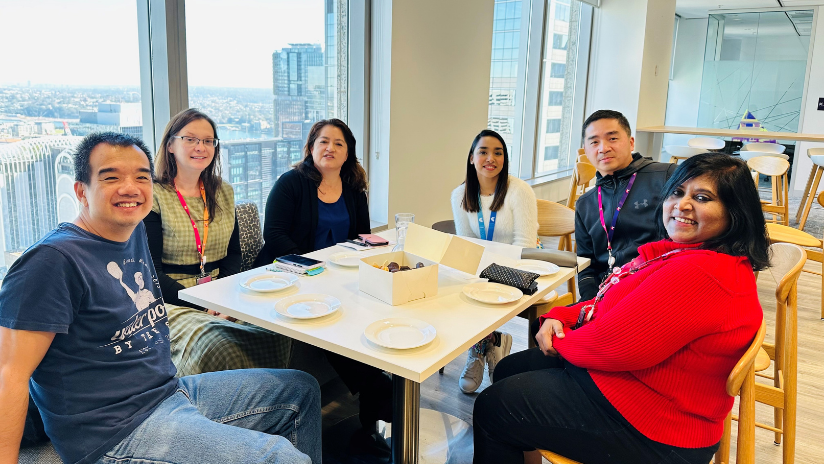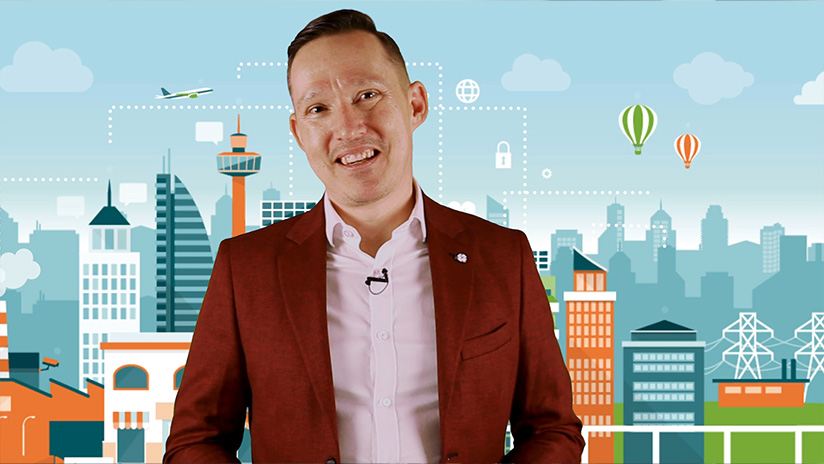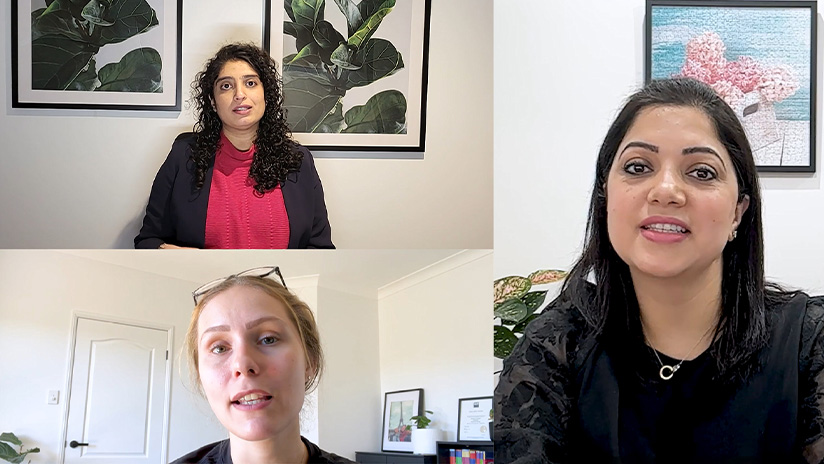Becoming a confident communicator in the workplace
Do we all seize the opportunity to voice our opinions in the workplace? What’s preventing some people from doing so, and how can we overcome blocks to participating more fully in conversations?

Do we all seize the opportunity to voice our opinions in the workplace? What’s preventing some people from doing so, and how can we overcome blocks to participating more fully in conversations?
In my experience, whether people feel comfortable contributing to a conversation or not depends on several factors: Some people are shy, have self-doubt, or face Imposter Syndrome, which is common in the workplace. For people who aren’t naturally outspoken, sharing an opinion and contributing to a conversation at work can take more time and practice.
Perceived sense of importance
When some individuals in the group hold higher status or hierarchy or possess greater technical knowledge or experience, we tend to consider their input as more important to the conversation and choose to hold back on sharing our view. This may also tie into an individual’s upbringing. Many societies and cultures have unspoken rules about when it is appropriate to speak, which ingrains the habit of voicing (or not voicing) an opinion as a reflexive action.
Expectations and stereotypes
Societal expectations and stereotypes can also have a significant impact on an individual’s confidence in expressing their viewpoints in a group setting.
Gender, cultural and racial stereotypes can make individuals feel that they might not be taken seriously, or that their views will be ignored. These stereotypes can also create a fear of judgement, or of being seen as ‘too loud’ or ‘too assertive’. This can cause individuals to feel unable to share their opinions or reluctant to speak up when it matters.
Empower yourself to communicate effectively in groups
I strongly believe in the value and importance of sharing my opinion and making my voice heard. Over time, I have discovered several effective strategies for self-empowerment. These personal experiences and strategies are like LEGO blocks that I have gradually assembled to boost my confidence.
Challenge the negative self-talk
Our inner voice is often our worst enemy. One of my favourite lines is “Lean in – you have been invited to the meeting for a reason. Others think you are important to the conversation and your view counts.” Another personal tip is to write Post-It notes with your personal brand and place them next to your monitor or in a notebook. Mine says, ”Change Maker, Authentic, People Leader” and it’s a helpful reminder.
Take action to secure an invite
Sometimes, I hear others say, “Why wasn’t I invited to the meeting or call?” My advice is to reach out to the person organising the meeting and express your interest in being invited because you can add value to the conversation. Once you secure a seat at the table, be sure to actively participate and speak up! Otherwise, you could blend into the background, and you’re more likely to be overlooked in future meetings.
Step outside your comfort zone
To discover your voice in group settings, challenge yourself to ask questions during meetings or participate in events or groups that help to take you out of your comfort zone.
Use the available tools
Online meeting tools are incredibly empowering, with features like ‘hands up’ functionality, designed to help you share your thoughts effectively.
Network, network, network
Building confidence comes with more interactions. The more I engage with people and get to know them, the more my confidence grows. Strangers turn into real people, just like me.
How leaders can encourage everyone to have a voice
Leaders can start by establishing clear expectations for communication and collaboration within their teams.
A great tool for this purpose is a team charter. This document sets out the expected behaviours within the team, with all team members agreeing on these behaviours. This document should be accessible to everyone.
Leaders should also ensure that everyone is given an equal opportunity to contribute their thoughts and perspectives.
Leading by example in team meetings is crucial. If a member of the team is not speaking up, consider introducing a ‘Round the Table’ agenda, where everyone gets five minutes each to share their thoughts.
Additionally, when a team member addresses a difficult subject or questions what is being said, leaders should strive to create an atmosphere of mutual respect and understanding. This environment should ensure that every team member trusts that their contributions will be heard and valued.
Leaders should also provide regular feedback and recognition to further support a culture of psychological safety and open communication. This can be achieved through one-on-one meetings and team reward systems and tools. Recognition should not be limited to project delivery success but should also encompass behaviours aligned with organisational values.
If you are seeking a workplace that prioritises diversity, equity and inclusion, where every voice matters, then your next role could be waiting for you at Telstra Careers.


